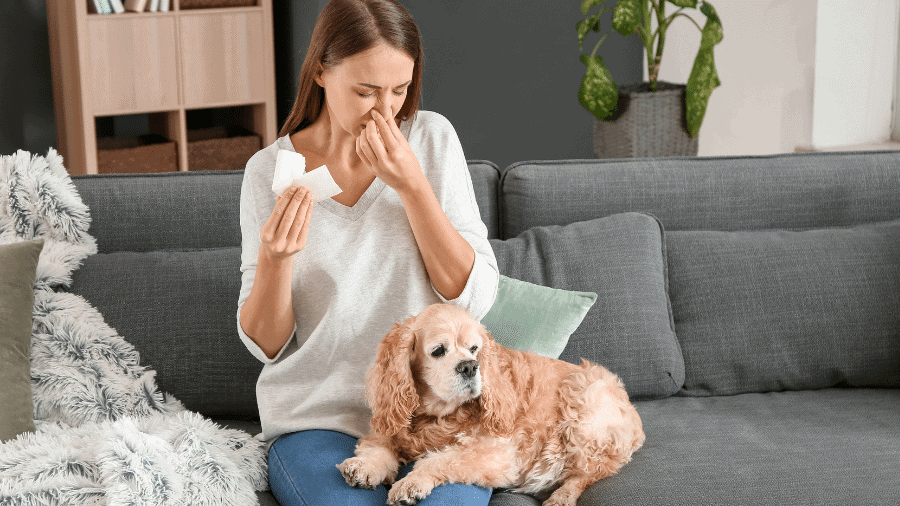sickofyourcrap.com – Living with pets can be a joy, but for those with allergies, it can also be a source of discomfort. Pet allergies are common, affecting millions of people worldwide. However, with the right strategies and management techniques, it’s possible to reduce allergic reactions and enjoy a harmonious life with your furry friends. Here are some effective ways to manage and reduce pet allergies in your home.
Choosing Hypoallergenic Pets
One of the first steps in managing pet allergies is to choose a pet that is less likely to trigger allergic reactions. Hypoallergenic pets, such as certain breeds of dogs and cats, produce fewer allergens. These pets can be a good option for allergy sufferers, although it’s important to note that no pet is completely non-allergenic.
Cleaning Techniques
Regular cleaning is crucial in reducing pet allergens in your home. Here are some effective cleaning tips:
- Vacuum Regularly: Use a vacuum cleaner with a HEPA filter to capture small particles that can trigger allergies. Vacuuming should be done at least once a week to remove pet dander and hair.
- Wash Pet Bedding: Regularly wash your pet’s bedding in hot water to kill allergens and remove loose hair and dander.
- Bathe Your Pet: Frequent baths can help reduce the amount of allergens your pet sheds. Bathing your pet once a week can significantly reduce the amount of dander and saliva in your home.
Home Environment Modifications
Modifying your home environment can also help reduce pet allergens:
- Flooring: Replace wall-to-wall carpeting with hard flooring such as wood, tile, linoleum, or vinyl. These surfaces are easier to clean and do not harbor allergens as much as carpets.
- Air Purifiers: Use air purifiers with HEPA filters to remove allergens from the air. These devices can be particularly effective in bedrooms and living areas where you spend most of your time.
- Allergy-Free Zones: Create an “allergy-free” zone in your home, preferably the bedroom of the person with allergies. Keep pets out of this area to minimize exposure to allergens.
Other Management Strategies
- Medication: For some, over-the-counter or prescription medications can help manage allergy symptoms. Antihistamines, nasal sprays, and eye drops can provide relief from sneezing, itching, and watery eyes.
- Consultation with Professionals: It may be beneficial to consult with an allergist or a healthcare provider who can provide personalized advice and possibly conduct allergy testing to better understand your specific triggers and treatment options.
Conclusion
Living with pet allergies doesn’t have to mean giving up your pets. By implementing these strategies, you can significantly reduce allergic reactions and enjoy a healthier, happier home environment. Whether it’s choosing the right pet, maintaining a clean home, or consulting with professionals, there are many ways to manage pet allergies effectively.
